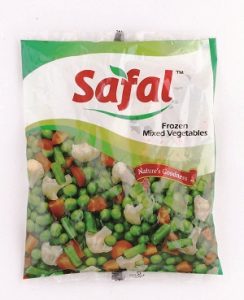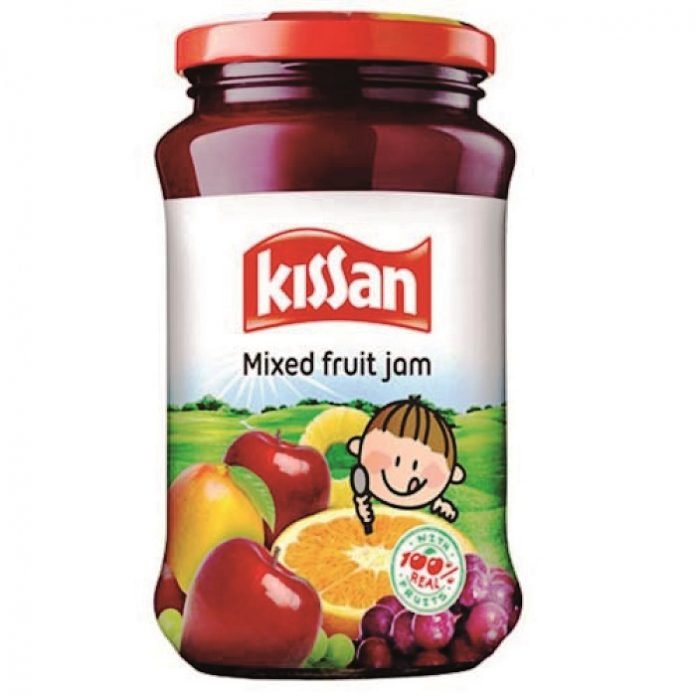Indian food regulator, FSSAI (Food Safety and Standards Authority of India), has come up with a proposal to set up new standards for frozen vegetables and processed fruit products, including commonly used canned tomatoes, frozen peas and jams. This seems to be the making of what appears to be a strong regulatory regime in the country that will bring all kinds of packed foods under stricter regulation aimed at providing safer products to the growing packed foods market.
In a draft regulation, the FSSAI has invited suggestions from all stakeholders. “The framing of standards for new products is a continuous process. In this, we have drafted quality norms for commonly used frozen vegetables and fruit products,” says FSSAI CEO, Pawan Agarwal. This is a step in the right direction as it will sensitize stakeholders in taking ownership of their best practices and being more responsible in future.
 The draft lays out standards that have been framed for canned tomatoes, tomato juice, frozen beans, cauliflower, peas and spinach. Similarly, the regulator has come out with benchmarks for jams, fruit jellies and marmalades. The standards relate to limits for metallic contaminants in these products. The recent incidents involving top packed food brands caught using unsafe packaging has added urgency to the need for bringing in stricter safety regulations in the Indian packed foods market.
The draft lays out standards that have been framed for canned tomatoes, tomato juice, frozen beans, cauliflower, peas and spinach. Similarly, the regulator has come out with benchmarks for jams, fruit jellies and marmalades. The standards relate to limits for metallic contaminants in these products. The recent incidents involving top packed food brands caught using unsafe packaging has added urgency to the need for bringing in stricter safety regulations in the Indian packed foods market.
In the draft, FSSAI has specified that these products will have to follow the packaging and labelling norms that have been set up. Food additives used in these products will have to be permitted by the regulator. FSSAI had earlier come out with a host of initiatives to promote safe food at homes, schools, offices, eateries and religious places, besides a national survey for assessing milk quality. These are critical steps that will bring all kinds of packed food products under one nationwide regulator.
The idea of launching the 10 new initiatives is to ‘create a culture of food safety’ in the country. Commemorating the tenth anniversary of enactment of the Food Safety and Standards Act 2006, the new initiatives would focus on safe and nutritious food at home, school, workplace, religious places, on trains and railway stations, at restaurants and other places. In a country like India with abnormally high levels of adulteration in packed food products, the need for stricter regulation was felt long ago which makes the FSSAI initiative a boon for consumers.
FSSAI has long-term plans to create a culture of food safety in the country and intends to provide a green book to every household. It also aims to launch a dedicated website for safe/nutritious food at home. Similarly, for schools, it will prepare a negative list of high fat, sugar and salt foods (commonly referred to as junk food), with the aim of ensuring food safety and nutrition. Eventually, it will become mandatory for food businesses involved in mid-day meal schemes to obtain a license from FSSAI.
From the stakeholders’ point of view, one important objective of FSSAI ought to be sustainable packaging with reduced use of plastic and higher possibility of recycling resulting in zero landfill. In this context, the PDIT (Packaging, Design, Innovation and Technology) Conference at PackTech India Exhibition in Mumbai on 16 and 17 December 2016 organized by IPP Star, a leading consulting, research and advisory firm dedicated to the printing and packaging sectors, in association with Messe Dusseldorf India, will deliberate on sustainable packaging solutions.











